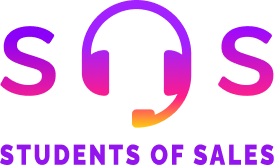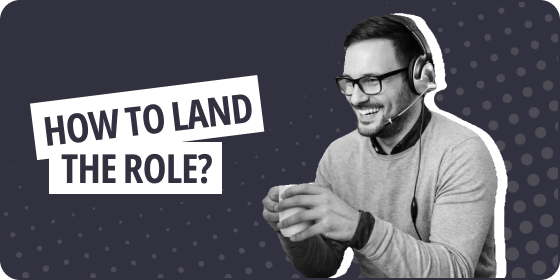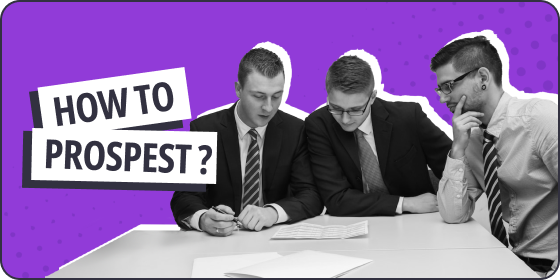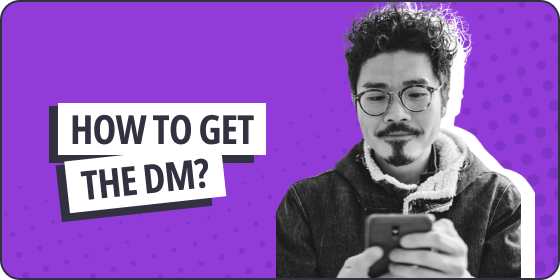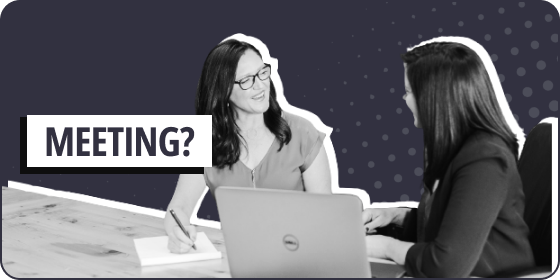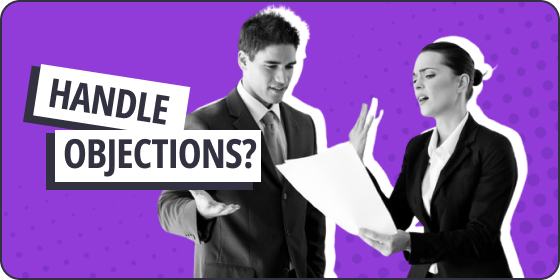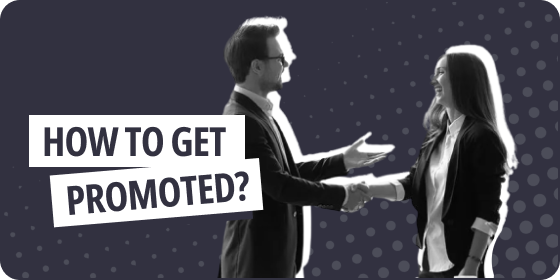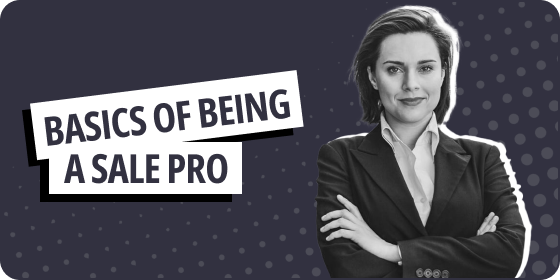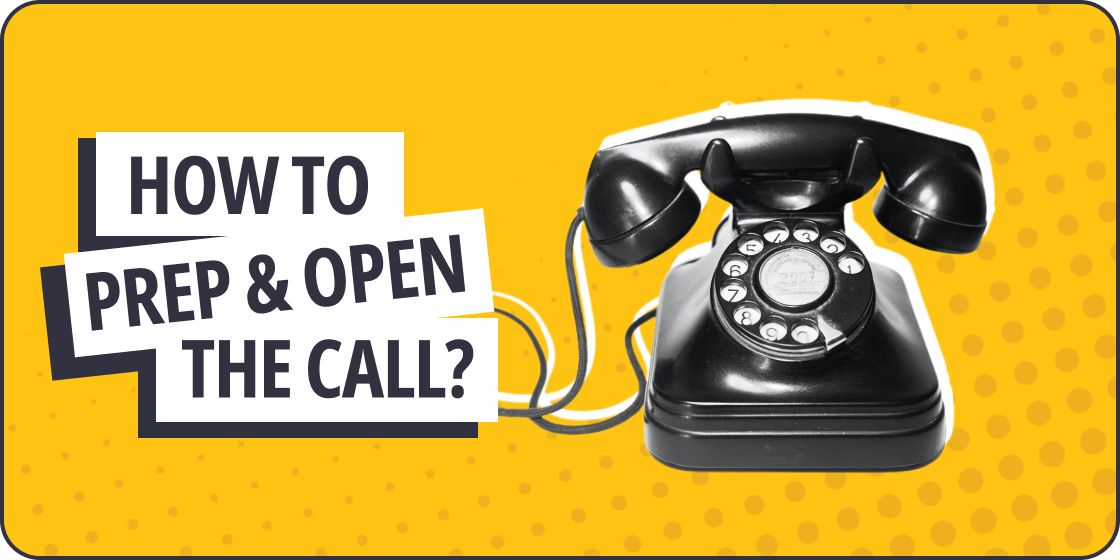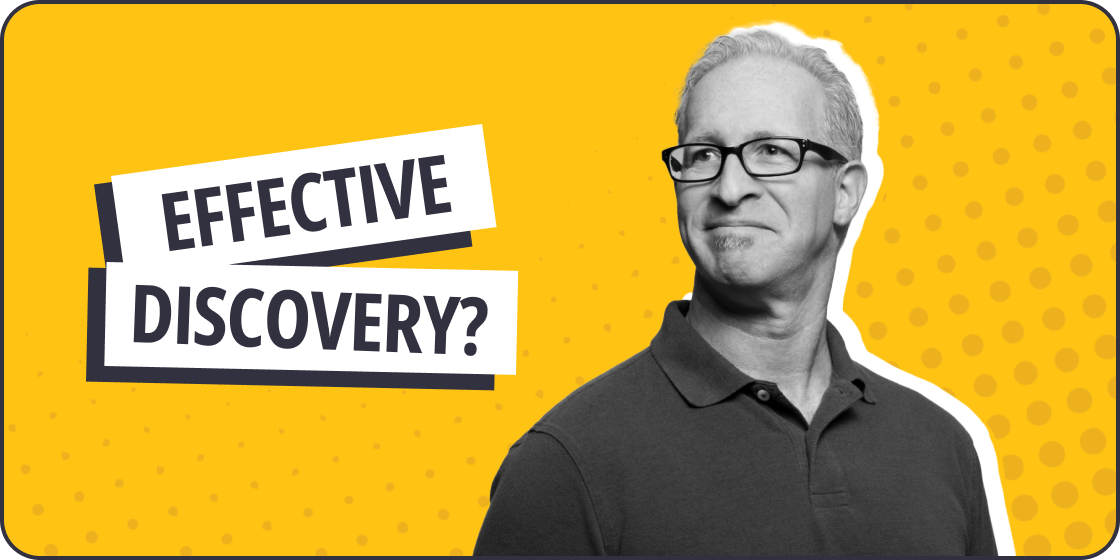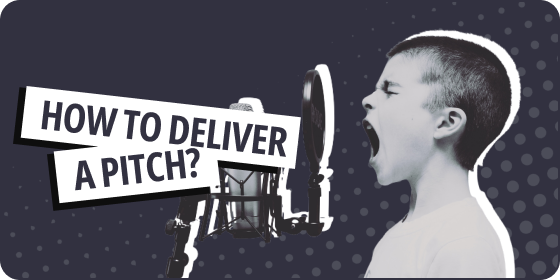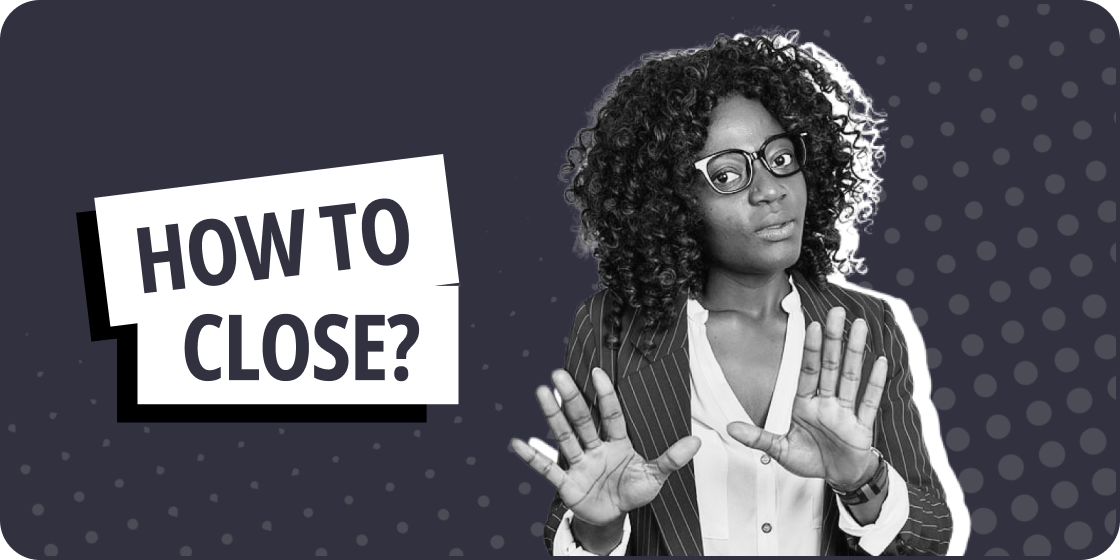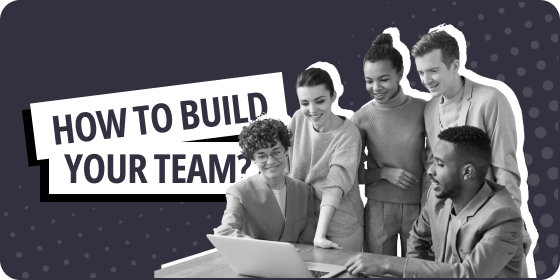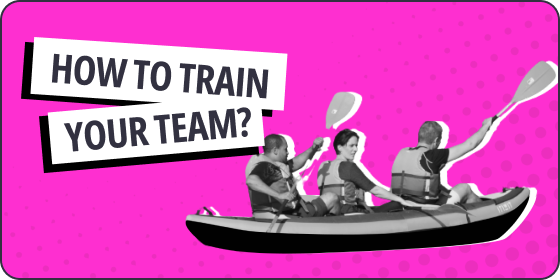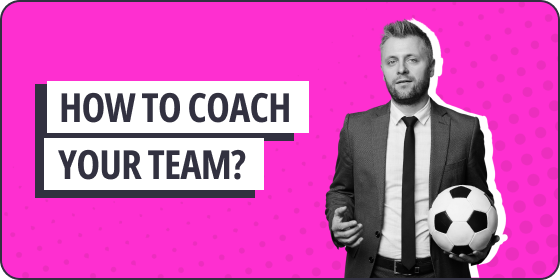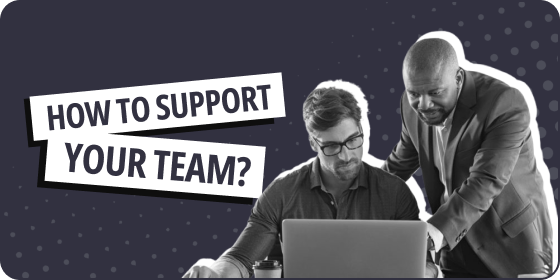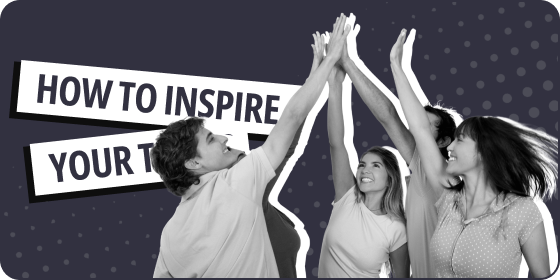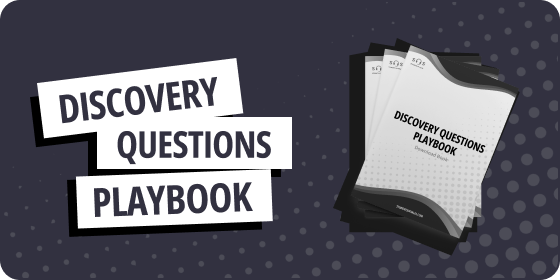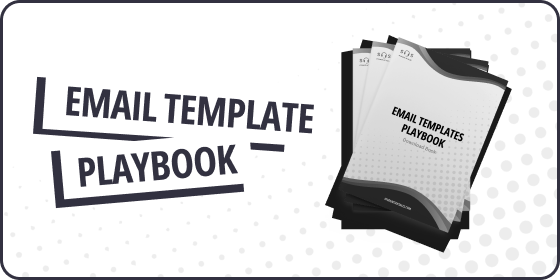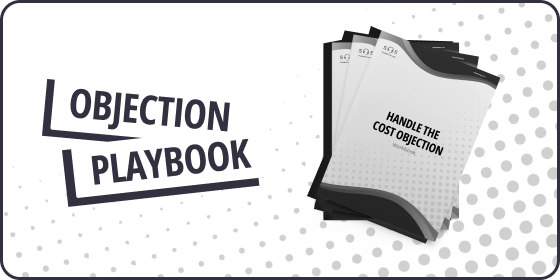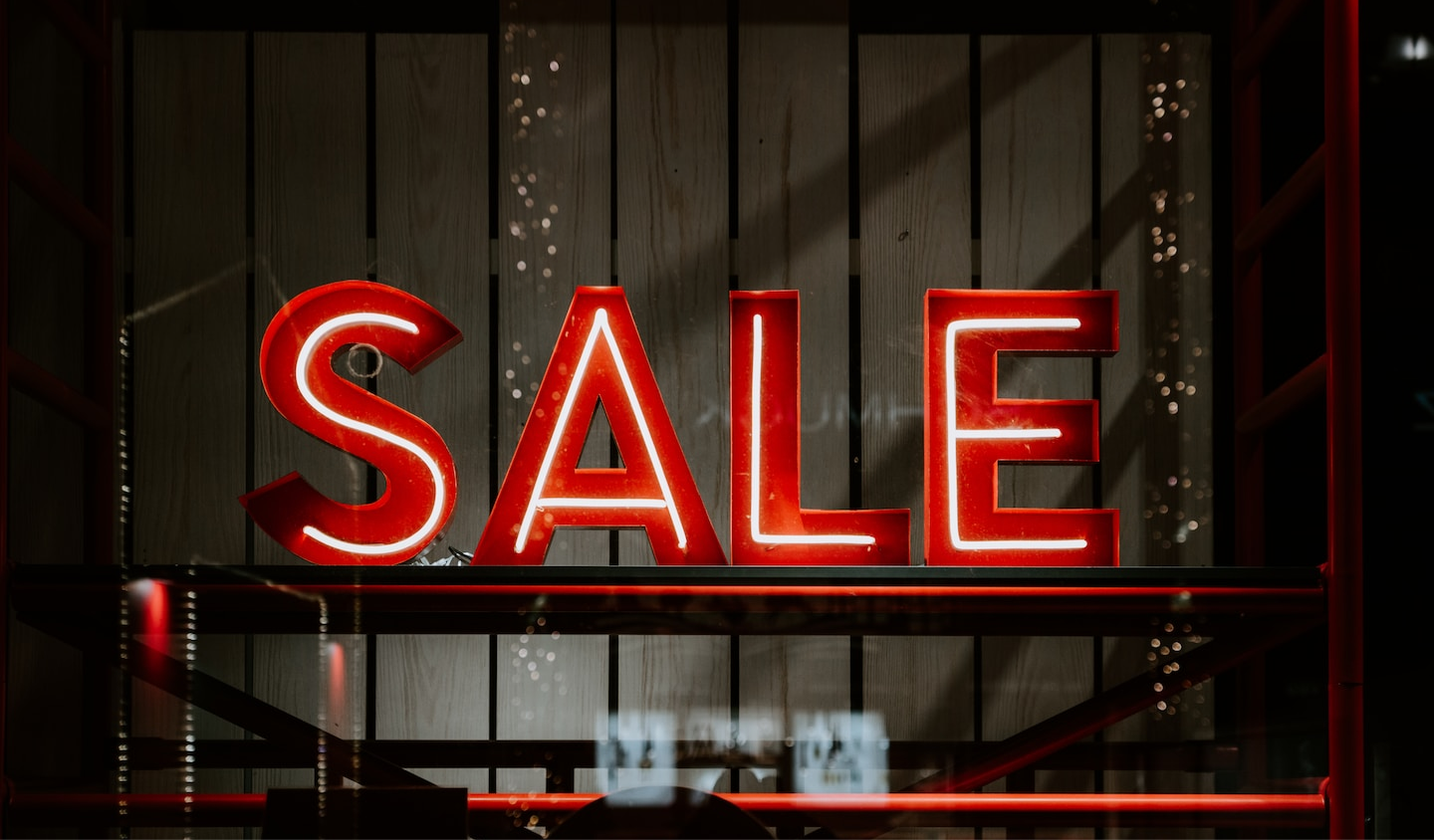Questions vs. Objections

Questions vs Objections
What does this mean?
Ok so before you get into how to handle objections, it is important to first understand what is and what isn’t and objection. Simply put – a question is NOT an objection. I’m going to say that again, a question is not an objection!
An objection is the prospect telling you, either directly or indirectly through their actions, that they are not able or willing to proceed in the process. This can be as obvious as “I don’t see enough value” or sometimes less obvious as something like “let me catch up with the team and I’ll email you later in the week with our next steps”. In either case, the prospect has communicated that they do not wish to make any future commitments with you at this time. This is an objection.
A question, on the other hand, is not a statement but rather an attempt to elicit information or may even be an attempt to regain or maintain control. Sometimes questions indicate that a prospect is considering purchasing your product; what we often call a “buying question” or “intent signal. Sometimes questions are used to manipulate the sales person into putting on “happy ears” and throw them off process. Often, though, a question is truly just a question – asked in order to complete the information in the buyer’s mind.
In this document, we will walk through
- Dangers of handling questions like objections
- How to recognize the difference
- Different types of Questions
- How to answer questions effectively
Dangers of Handling Questions Like Objections:
It has been wisely said that, when in a hole, stop digging. Look, I get it, you’ve spoken to a million customers and they all ask the same questions, have the same objection, and love the same features. You’ve spent time mastering your precious talk track and, this one time, 300 calls ago you said this line to a customer that got them over the line and so now you use it every time you get that question. Here is the problem – every customer is different, they’ve never asked this before or seen this before and their reason for asking is different than another customer. If you treat all customers the same then you will only close the customers that are the same. Seems like a pretty small pool to fish from.
If you don’t have the discipline to answer questions quickly and follow up with a question you will:
- Create friction with the buyer
- Bring up objections they hadn’t considered
- Not understanding your customer
- Miss buying signs
- Close fewer deals
This is an extremely high price to pay simply so you can get your favorite talk track on the call. If it is that common of an objection or question then consider working it into your sales pitch earlier and rework how you are discussing it, etc. However, once they ask it is their question and needs be addressed accordingly.
How to recognize the difference
Let’s start with a little pre test to see where our knowledge is currently. I am confident that every single one of you reading this will score a 100 on this test.
In the lists below, circle the ones that you believe are a question
| Cars are expensive. How much is this car? | What type of phone do you have? I prefer Android to Apple. | I like Italian food. Have you every been to Europe? |
| Does this shirt come in blue? Blue is my favorite color. | I have a nut allergy. Can I get this without the nuts? | Trees can grow very tall. How tall are you? |
| I love that shirt! Where did you buy it? | That’s too expensive. Is there a cheaper option? | I’m Ron Burgundy. I’m Ron Burgundy? |
Now score yourself! All the sentences that end with a (?) are questions and those that don’t are statements. I’ll bet you got every single one of them right, didn’t you?
This may seem silly but I promise you this is one of the most valuable skills you need to learn in order to successfully move people through your pipeline.
The first step in correctly responding to someone is to first understand what it is they said. Listening is one of the most important sales skills you need to master and too many sales people hear objections when the prospect is really asking a question. Before you respond, you need to be able to correctly identify; was what the person said a statement or a question. If it was an objection then grab your Objection Playbook and off you go. If it was question, then that takes a completely different response.
Simply put: questions end with a “?” and statements end with a “.”. Your ability to listen for this and respond appropriately will determine your next paycheck.

Different types of questions:
There are a million different questions a customer can and will ask and would be impossible to cover them all off in any meaningful manner. That said, all questions can be boiled down to 3 categories that we will walk through here:
Buying Questions:
These are the Holy Grain of sales questions and ones you need to keep a sharp ear for during your process. A “buying question” signifies that a customer has moved to the stage where they are visualizing using your product and seriously moving forward to the next step. Now notice there I didn’t say “purchasing your product”. I deliberately said moving forward to the next step. Buying Questions will happen all throughout the sales process and they tell you, the sales person, that it is time to wrap up the stage you are on and move on to the next. Failure to recognize these questions and move forward will cost you sales opportunities.
When booking an appointment, I firmly believe that any question is a signal to move forward. Later we will discuss how to answer these questions to help you book more demos.
Oftentimes, buying questions will sound something like this:
- “How would that work with x?”
- “I currently use Salesforce, does this integrate with that?”
- “Is there a discount if I do y?”
- “If I purchase 100 widgets, is there a discount?”
- “Can you work with me on z timeframe?”
- “I can have workers come out until fall, do you have a crew available then?”
Again, depending on where you are in the process this signals that it is time to move to the next stage. If you are at or near the close, then, for all that is holy, please just close!!
Elicit more Information Questions:
These are probably the most difficult questions as they can sound like buying questions but the customer isn’t actually ready to move forward with the process. This takes a high level of awareness from the sales person in order to recognize. Tone, timing, and placement of the question can all be huge indicators on whether the question is really just a question or if it signifies something greater for the sales person. Look at the questions in the above section again:
- “How would that work with x?”
- “Is there a discount if I do y?”
- “Can you work with me on z timeframe?”
Now imagine this is at the beginning of a sales presentation or even sent via email from a non-decision maker. This context makes these far less likely to signal intent to move ahead and tells us that the customer is simply gathering the information they need.
The timing of questions is a huge indicator of what they mean or if they mean anything at all.
Brush Off Question:
Not all questions signal that you have a potential sale and most buyers know that “whomever asks the questions, controls the call”; especially in B2B where buyers would not have gotten to the level if they hadn’t learned the basics of leading. If you are speaking to a buyer or prospect you can certain that at some point they will use questions, either consciously or subconsciously, as a way to gain control of the process. The untrained sales ear will often hear these and develop happy ears, thus abandoning their own process, skipping steps and giving control over to the buyer.
Some common brush off questions sound like:
- “Are you able to send over information for me to review with team/spouse?”
- “Is there something online where it shows me x?”
- “Is it ok if I follow up with you at the end of the week and we can go from there?”
And a thousand and one more. By themselves these can appear obvious to a sales person like, of course these are brush offs! However, in the heat of the sales call it can be very difficult for even the seasoned sales pro to spot and address these correctly. Think about this example for a moment.
Let’s say you are selling software to a company that helps with onboarding new employees. You have had a series of calls with HR and hiring managers and you are on, what you believed, was your final signoff call with the CPO. You get to the very end of the call and he says to you “This great, I can see why the team was so excited for me to sit down and meet with you. Let me connect with the rest of the team and we should have a final answer for you very soon, is it ok if I follow up with you at the end of the week and we can go from there? Is the email ‘name@abc.com your best email to use?”
You’ve got a sale right? He loves it! The team loves it!! Everyone is on board and now you just wait for your inbox to show a new message, you will read it and it will say “we’re ready to move forward, send over the paperwork.” Yeah, you know better than that. This was a brush off and the unskilled sales person will be getting off that call with no clear next steps and no emails from that customer. You will be chasing.
How to Answer Questions Effectively
Now that we know what a question is and are going to be keenly on the lookout for them, what do we do when we get them?
The most important point to remember is that, under no circumstances, do you handle a question like an objection. You will want to. You will be absolutely sure that there is an objection buried in that question, and you may be right, but you cannot ever ever ever go into that objection until they explicitly say it.
Step 1: Answer the question
If I ask what time it is, don’t tell me how to build a watch. Sales people love to pontificate and flex their knowledge at every opportunity they get. Give a salesperson a simple question like “does this come in blue” and watch how they explain color spectrum, wave lengths and the evolution of the human eye to you. Just answer the damn question. Does it come in blue? Yes. Can I pay on credit card? Yes. Do you integrate with Hubspot? Yes or no. How much does this cost? Depends.
That’s it. Almost all questions can be answered in one or two words. If you find yourself using whole sentences or, god forbid, whole paragraphs to answer a question you have already lost control and sale is no longer in the salesperson’s hands but 100% in buyer’s control.
Step 2: Ask a question back
Are you ready for my number tip of all time to help book more meetings? This one trick that marketing people hate and all that jazz will help you book more meetings than almost any other advice you will ever receive.
If you get a question, ask them if they have time!
Example:
- Question: How much does this cost?
- Answer: Great question and, honestly, it depends. Are you in front of a computer so I can show you your options?
- Question: Do you have a hatchback with a sunroof
- Answer: Yup. Do you have time today to come down and take if for a test drive?
This works wonders all throughout the sales process and will not only keep your sale moving forward but will keep you in control and allow you to uncover, if there is one, the objection that is bringing up that question.
By asking a question back you get yourself and your product out of the hot seat and get the focus back where it belongs – on the customer! If there is more to the question and there is an underlying objection, the questions will uncover this and you can handle appropriately. Again, looking out for the punctuation being used.
If we take the example from the previous section where the customer says they are “in but want to take it back to the team” and ask if it is “ok to email you” and if they “have the correct email address, we can lay out a basic framework on how we should respond
Answer: Yes, that’s my email and of course you may email me. Question for you though, as it stands now, do you plan on making the purchase?
Some basic questions to ask back to a customer are answered in the objection playbooks so it is critical that you download those and master them. However, below you will have a simple worksheet that will help you get a basic framework on how you can utilize this in your day-to-day interactions with customers.
Examples:
- Question: Can you do better on price?
- Answer: Potentially. Is this something you can move forward on today if we find a price you are comfortable with?
- Question: Does this have a long onboarding process?
- Answer: No. That brings up a good point, how many users would you like to have on the platform and are there specific integrations you’d need?
- Question: Do you offer financing?
- Answer: Of course. What’s your legal and correctly spelling of name? 😊
Step 3: Move Forward or Handle Objection
Once I’ve asked my follow-up question, I am going to get one of three responses:
- An answer – in which case I want to move forward
- An objection – in which case I need to handle
- Another question – In which case I will revisit steps 1 and 2
That’s it! You’ve successfully answered a question! In order to master this fully please download our guides:
- Objections: Cost, Not interested, ….
- How to Negotiate
- How to Close like a Boss!
Worksheet:
Now it’s time to work a strategy and practice for your specific pitch! Use the information you’ve learned to come up with a strategy to answer your most asked questions from buyers!
My advice is to go back and either listen to calls or have a think on the most common questions you get during a sales call. Write down as many as possible and do this for as many questions as you have. You want to have as many potential questions ready as possible.
Example
QUESTION: Is there anything you can do on pricing?
STEP 1: Answer: “yes”
STEP 2: Question Back:
Option 1: “Is pricing the only thing hold you back?”
Option 2: “May I ask why you ask that?”
Option 3: “What is it about the price that concerns you?”
QUESTION: _____________
STEP 1: Answer: ___________
STEP 2: Question Back:
Option 1: _____________
Option 2: _____________
Option 3: _____________
QUESTION: _____________
STEP 1: Answer: __________
STEP 2: Question Back:
Option 1: __________
Option 2: __________
Option 3: __________
QUESTION: __________
STEP 1: Answer: ____________
STEP 2: Question Back:
Option 1: ____________
Option 2: ____________
Option 3: ____________
QUESTION: ______________
STEP 1: Answer: _____________
STEP 2: Question Back:
Option 1: ______________
Option 2: ______________
Option 3: ______________
QUESTION: _______________
STEP 1: Answer: _____________
STEP 2: Question Back:
Option 1: ______________
Option 2: ______________
Option 3: ______________
QUESTION: ______________
STEP 1: Answer: ______________
STEP 2: Question Back:
Option 1: _____________
Option 2: _____________
Option 3: _____________
